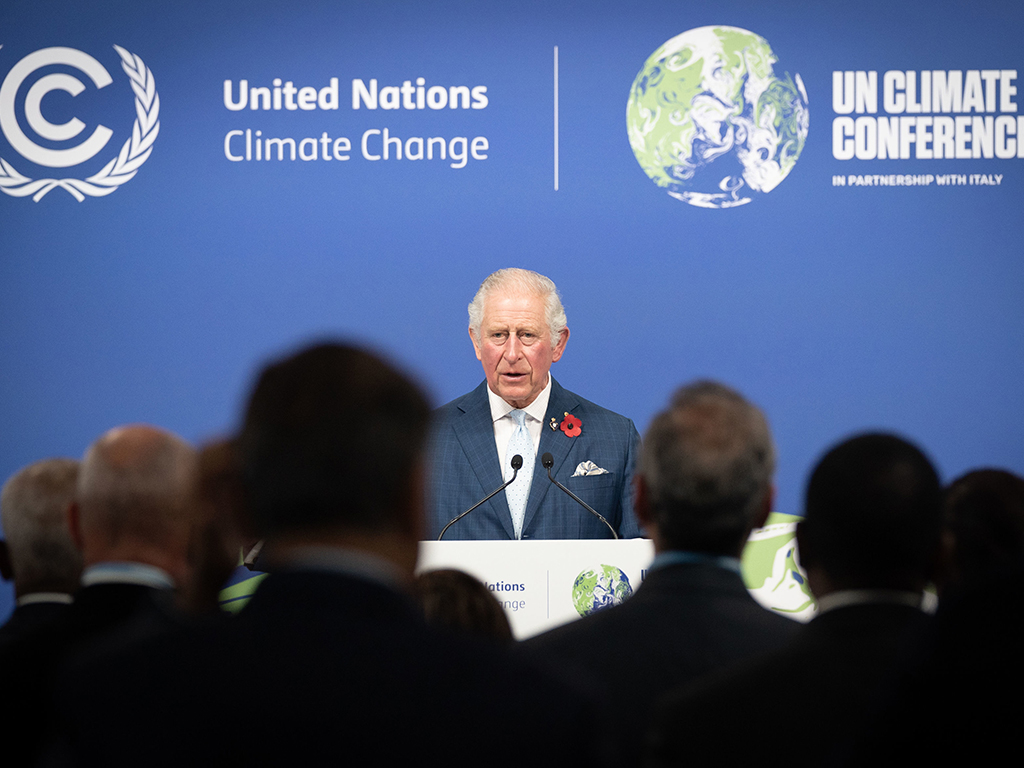
“I have drawn great comfort and inspiration from the relentless enthusiasm of people of all ages – especially the young – in calling for everyone to play their part,” Elizabeth II noted in a video-message at Cop26, the UN climate conference, last year. At the time these words seemed innocuously vague. Today they have new weight.
After an intervention by Liz Truss, Charles III will not be following his mother’s lead at Cop27 in Egypt in November. Despite the King being a renowned and long-standing champion of environmental protection, The Times reports that the Prime Minister advised him not to attend. So instead of urging others to “play their part”, his own role will be lessened.



